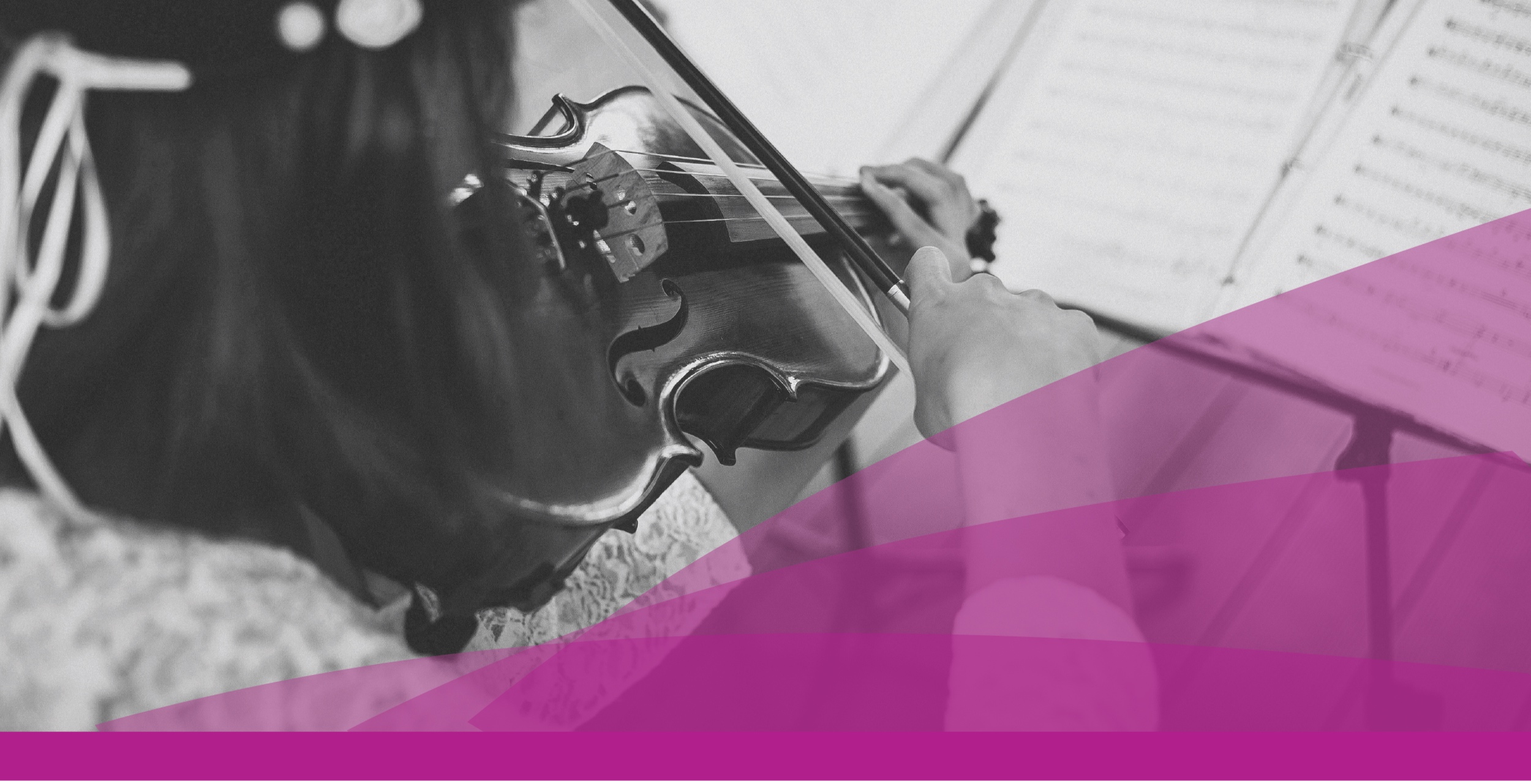Can we just “try” this? And see if we like it?
There are many activities that are appropriate for just “trying”. Learning an instrument is not one of them, it takes commitment to build skill over time. Our focus is not just on trying music, but rather making it a part of our daily lives by developing relationships, character, and skill.
Through the Suzuki method, students build the following character traits:
Lengthening concentration
Patience
Self-discipline
Self-motivation
Consistency
Collaboration
Appreciation for Beauty
Do my kids really have to do the group class? Can’t they just have private lessons?
In the Suzuki method, group instruction is a key component. Students interact with other young musicians while polishing musical skills. Group classes include musical games, theory, and performing—together and for one another—in a fun, relaxed environment.
At what age can I start my child or children?
You can start as young as 0-3 in our Twinkle Stars class. In this interactive experience we set the building blocks for music by exploring rhythm, pitch, movement and listening skills using the Suzuki Method called the “The Mother Tongue of Music”. The earlier a child can be introduced to music the more natural it will be for them. Just like learning how to talk when they are surrounded by other people speaking. Private lessons can begin as early as age 3.
To quote Dr. Suzuki, “Musical ability is not an inborn talent but an ability which can be developed. Any child who is properly trained can develop musical ability, just as all children develop the ability to speak their mother tongue. The potential of every child is unlimited.”
What is the commitment requirement?
It is a twice a week commitment - one group lesson and one private lesson each week along with daily home practice. Building the habit of consistent practice is crucial to developing skill.
Students are provided multiple opportunities throughout the year to share their music with two required performances. Students perform in groups and solos. The more often a child performs, the more confidence they will gain.
“Practice only on the days you eat.” – Dr. Shinichi Suzuki
How involved are the parents (or guardians)?
Parents (or guardians) play a strong role in the Suzuki philosophy and Triangle of Teacher + Student + Parent. In the Suzuki model, the parent is a “home practice partner.” Usually, the parent who attends lessons/group classes and takes notes for the student is the primary home practice partner. They practice with their child at home, reinforcing concepts learned in the lesson. The parent/guardian provides emotional support during the journey and often bonds with their child in a way they wouldn’t have otherwise.
For ages 4 - 8, the parent learns the instrument along with the child. Working closely with the teacher to support their child with practice at home.
For ages 9 and up, the parent continues to sit in on the lessons and takes detailed notes.


